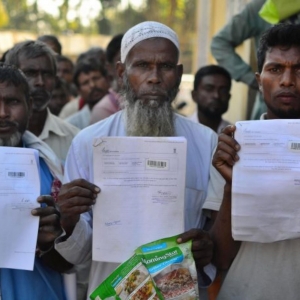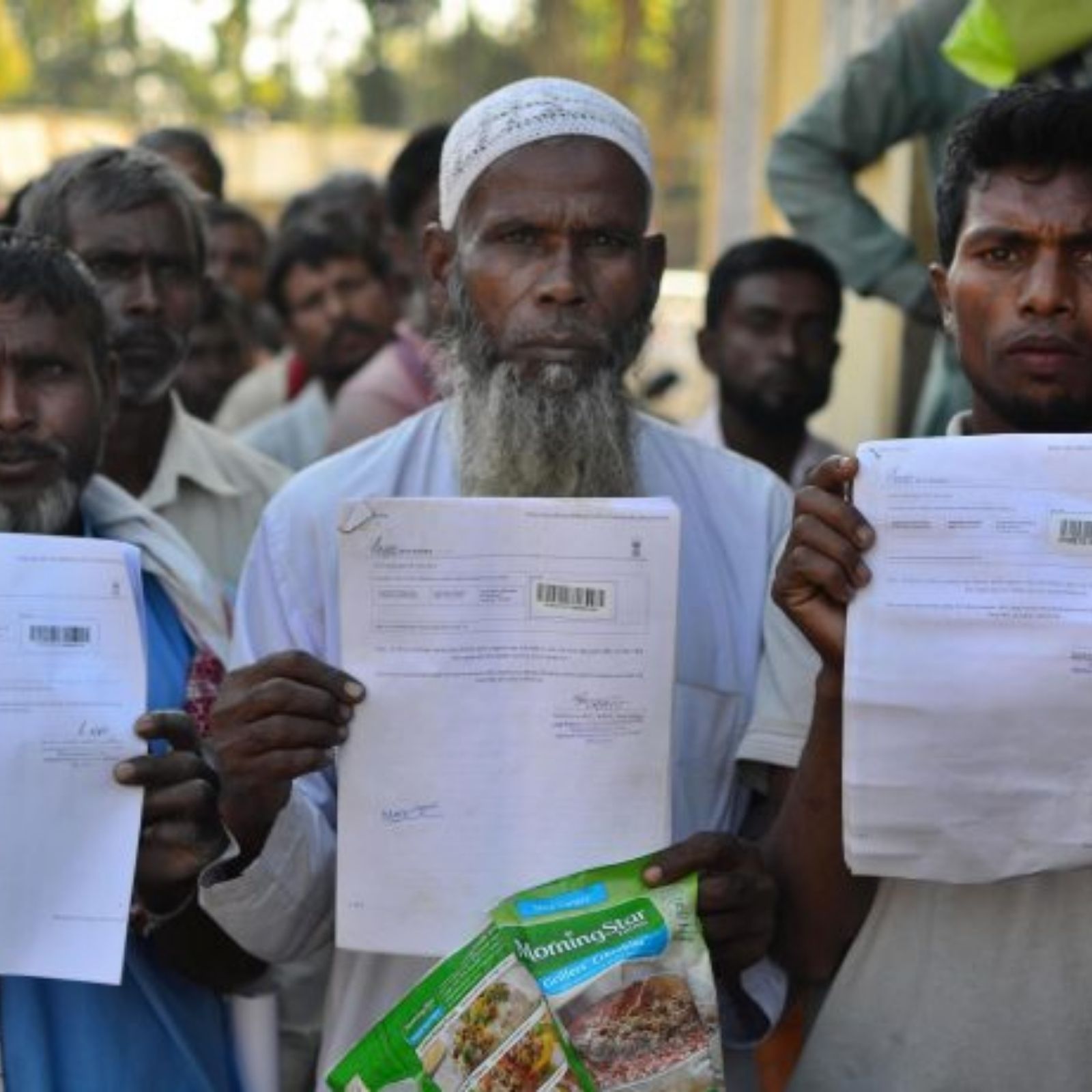

In a country historically known for sheltering the persecuted, a troubling reversal is underway. Over the past decade, India has witnessed a growing trend of outward migration among its minority communities—driven not by economic aspirations alone, but by rising concerns over religious and cultural persecution.
A Shift in the Migration Narrative
India's migration story has long been dominated by economic and educational motives. However, recent years have seen an uptick in emigration linked to fear, marginalisation, and policy-induced insecurity among minorities, particularly Muslims, Christians, and Dalits.
While exact figures remain elusive due to the absence of a refugee law and limited data on asylum-seeking Indians abroad, anecdotal evidence and international asylum records point to a growing number of Indian minorities seeking refuge in countries like Canada, the UK, Germany, and the US.
Policy Triggers and Persecution Claims
Several government policies have sparked concern among minority groups:
Citizenship (Amendment) Act, 2019 (CAA): Offers fast-tracked citizenship to non-Muslim refugees from neighbouring countries, excluding Muslims and raising fears of religious discrimination.
National Register of Citizens (NRC): Implemented in Assam, the NRC left nearly 1.9 million people—many of them Muslims—at risk of statelessness.
Anti-conversion Laws: Enacted in multiple states, these laws have led to arrests and harassment of Christians and Muslims accused of "forced conversions."
Mob Violence and Vigilantism: Reports of lynchings and attacks on minority communities, often under the guise of cow protection or "love jihad," have created a climate of fear.
Personal Testimonies: Leaving India Behind
Ayesha Khan, a 32-year-old Christian teacher from Uttar Pradesh, now lives in Toronto.
"I didn't want to leave," she says. "But after my school was vandalised and my brother falsely accused under anti-conversion laws, I knew we had no future there." Ayesha's asylum was granted in 2023, citing religious persecution.
Mohammed Arif, a software engineer from Assam, recounts his experience with the NRC:
"My family was excluded despite having documents. The fear of detention was real. Canada gave me a chance to live without being treated like a suspect."
Sister Meera, a nun from Kerala, shared her story in the Global Sisters Report:
"We were harassed during prayer meetings. The police didn't help. I now serve in a parish in Germany, where I can worship freely and help others like me."
These stories echo a common theme: migration not for opportunity, but for dignity and safety.
Diaspora Reflections: Living with Dual Realities
Ambreen Sidhu, author of The Lotus Diaspora, chronicles the emotional toll of migration: "Many migrants carry the trauma of exclusion. Their stories are not just about survival—they're about reclaiming identity in a foreign land."
Imtiaz Dharker, in her poem At the Lahore Karhai, captures the nostalgia and longing of Indian immigrants:
"We sit in exile at the Lahore Karhai, remembering the taste of home, the warmth of belonging, and the ache of being uninvited."
Diaspora Activists in the UK and the US have begun lobbying for international scrutiny of India's minority policies.
"We love India," says Rajiv Menon. "But love doesn't mean silence. We owe it to those who can't speak."
Domestic Fallout and International Scrutiny
India's global image as a pluralistic democracy has come under scrutiny. International human rights organisations, including Amnesty International and Human Rights Watch, have raised alarms over shrinking civic space and targeted policies.
The migration of minorities due to persecution also risks:
Brain Drain: Loss of skilled professionals from marginalised communities.
Diaspora Disillusionment: Alienation among overseas Indians who feel disconnected from the current political climate.
Diplomatic Strain: Rising asylum claims may affect bilateral relations, especially with countries that prioritise human rights.
Government Response and Denials
The Indian government maintains that its policies are aimed at national security and inclusive development. Initiatives like the PM VIKAS scheme and the Ministry of Minority Affairs' welfare programs are cited as evidence of commitment to minority upliftment.
However, critics argue that these efforts are undermined by parallel narratives of exclusion and surveillance, particularly in the wake of biometric tracking, sedition charges, and the use of anti-terror laws against minority activists.
As India continues its attempts to create an identity as a rising global power, the treatment of its minorities will remain a litmus test for its democratic values. Migration driven by persecution is not just a humanitarian concern—it's a reflection of the nation's internal ruptures.
For many, the decision to leave is not about opportunity, but survival.